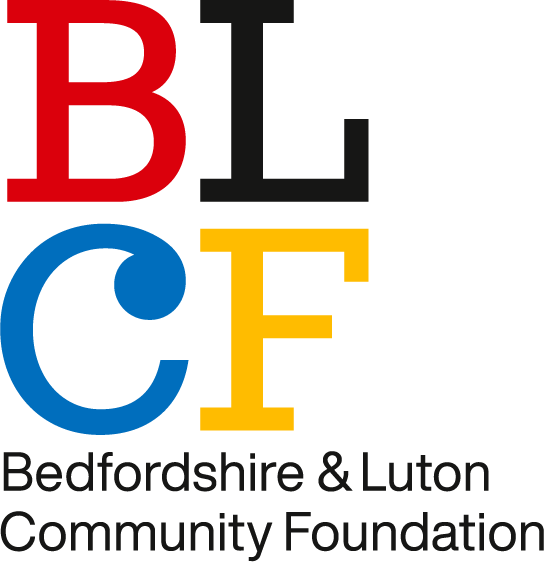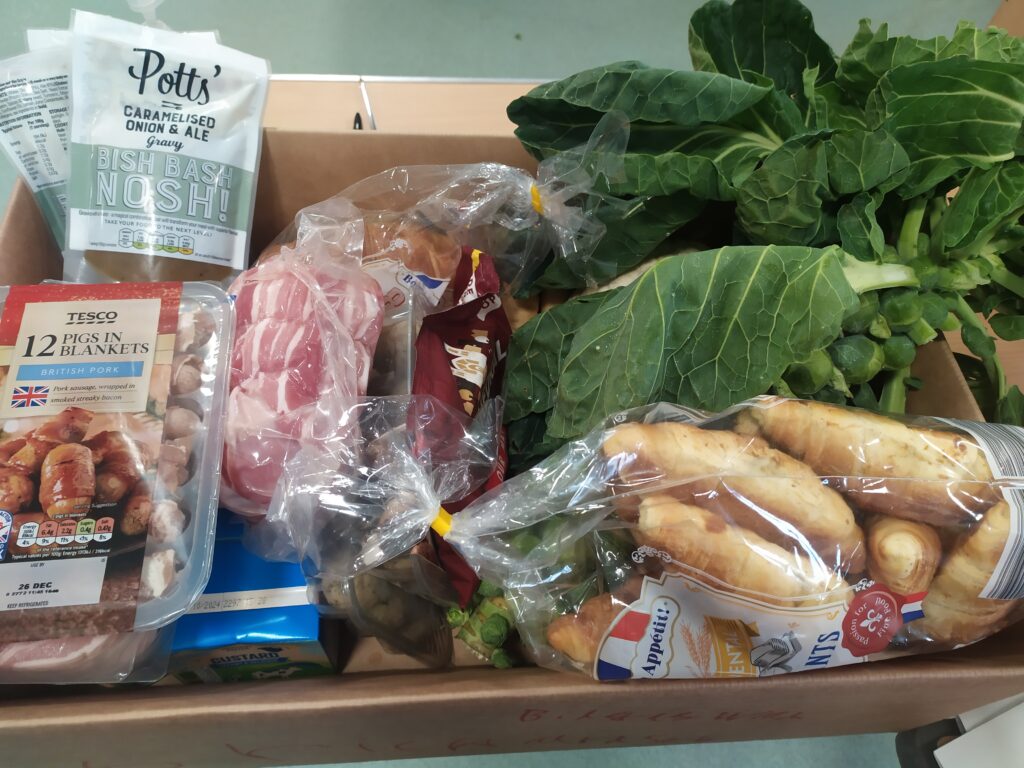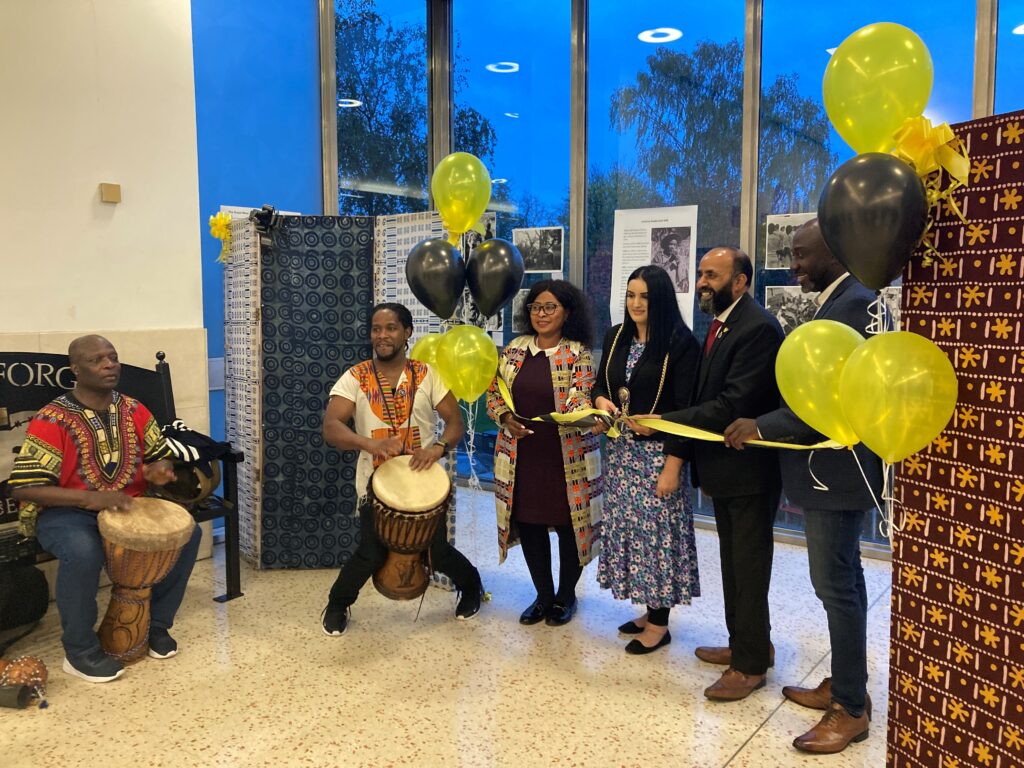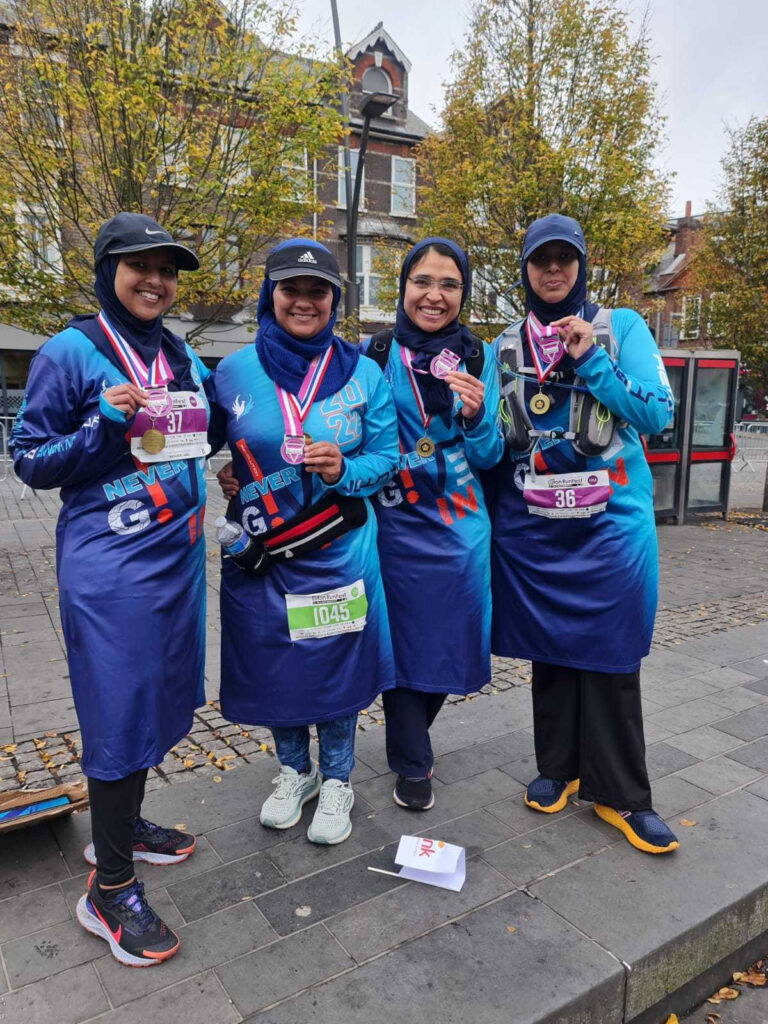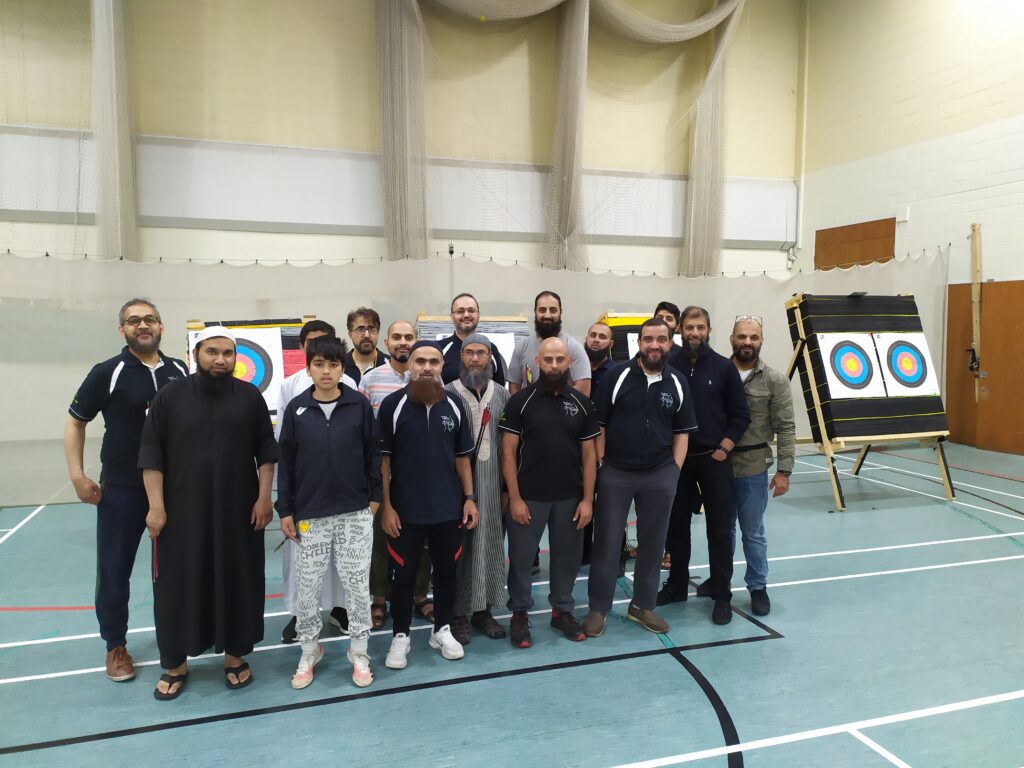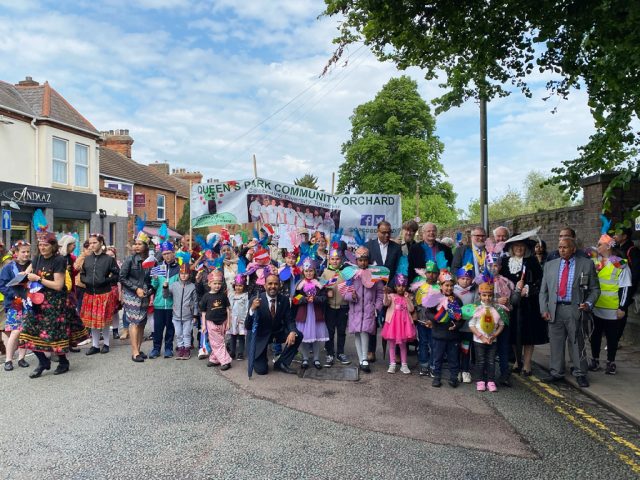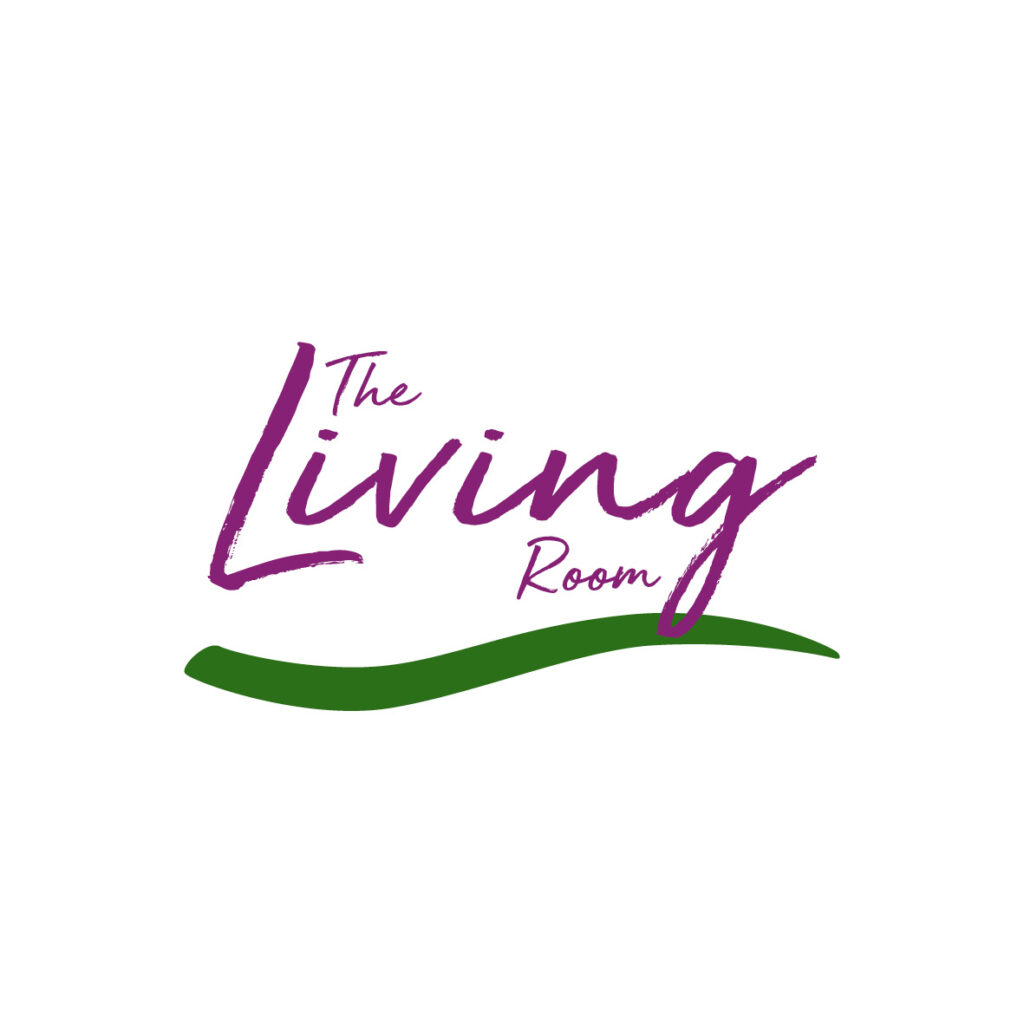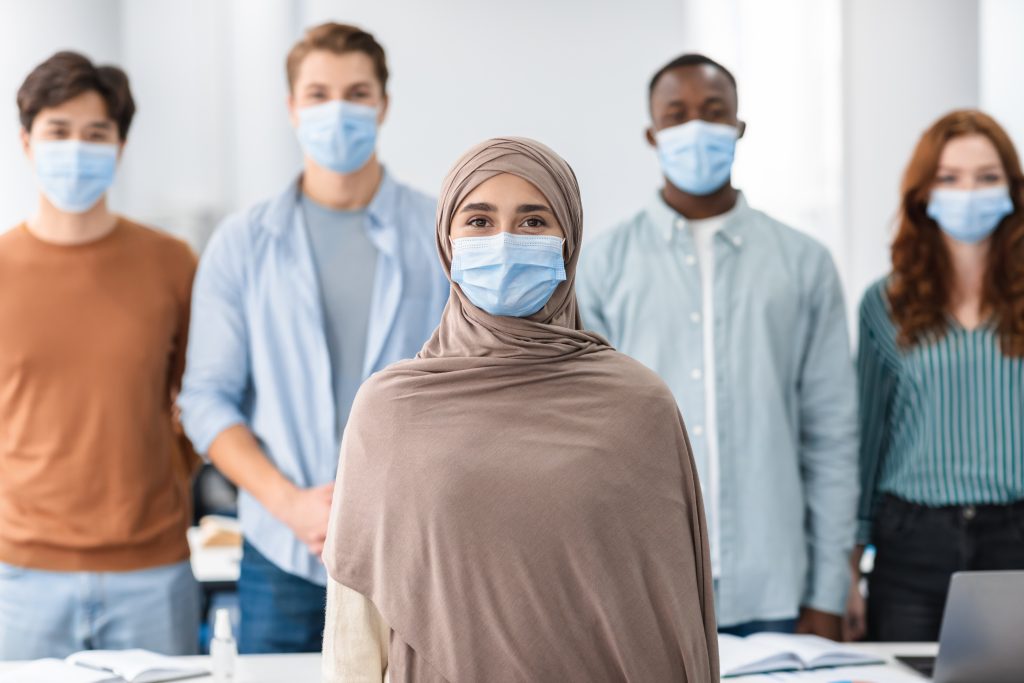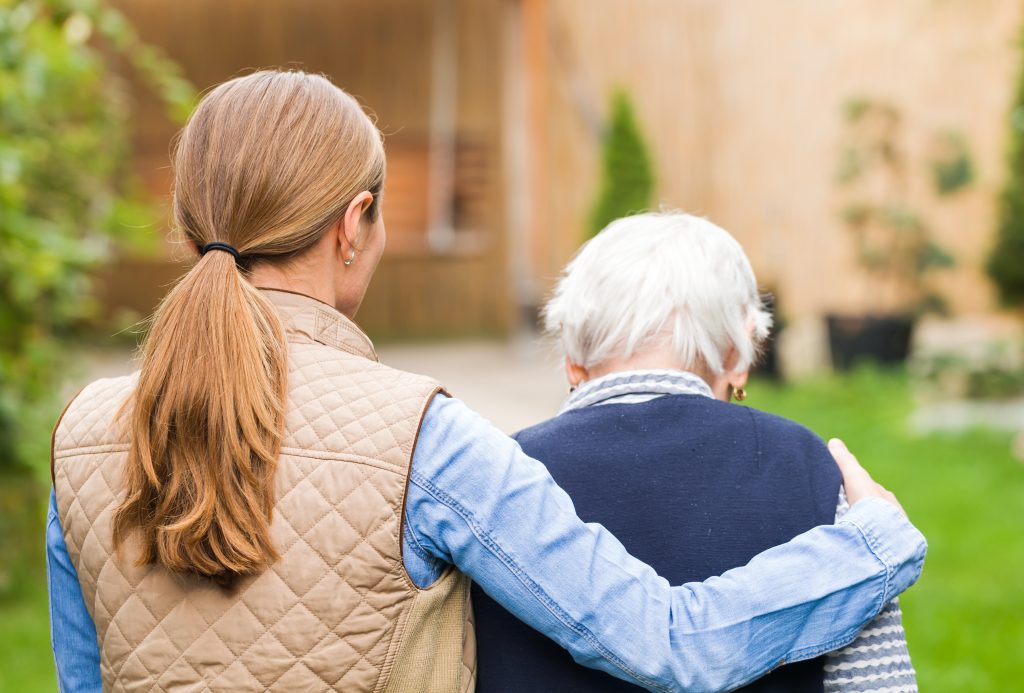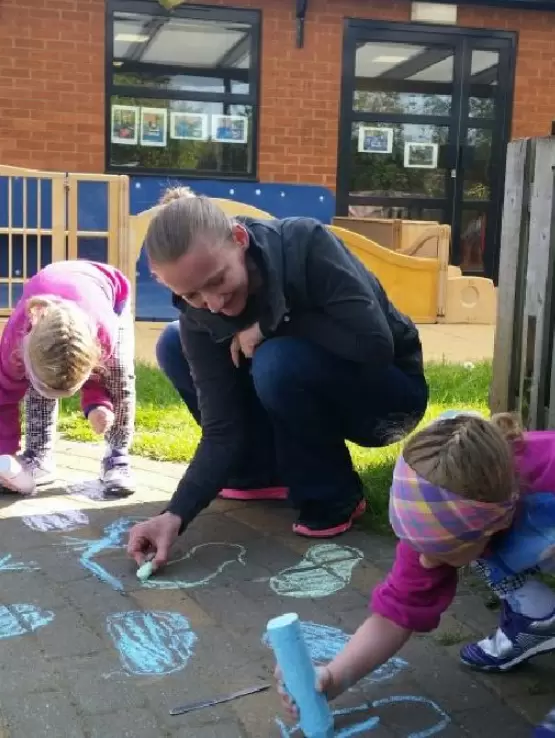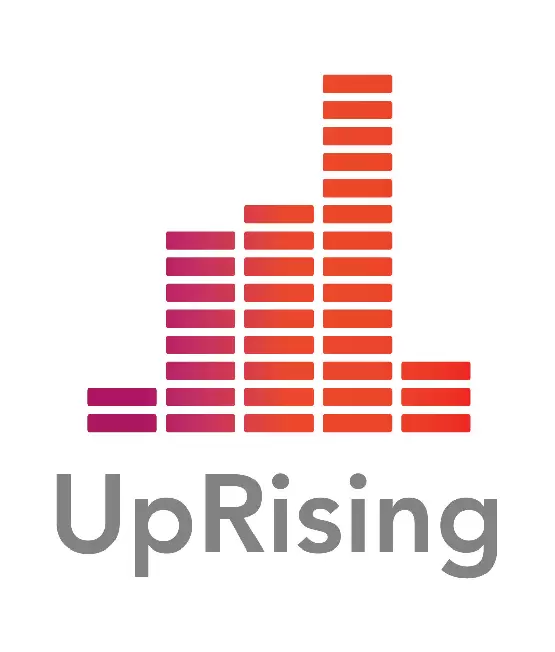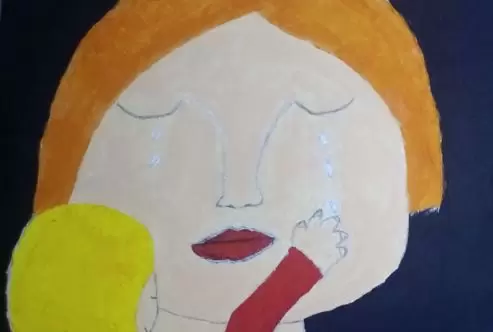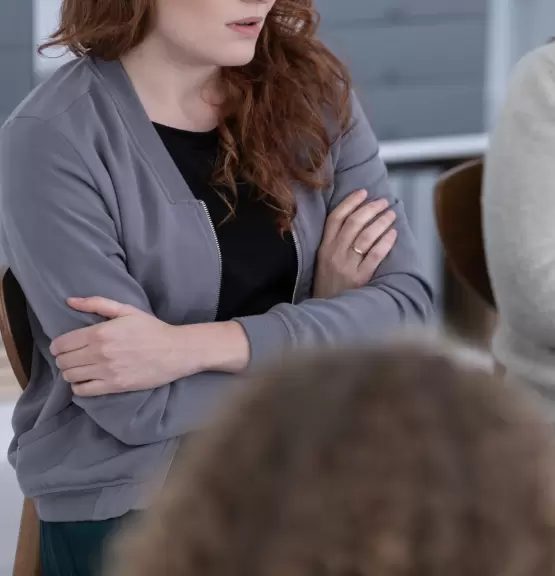
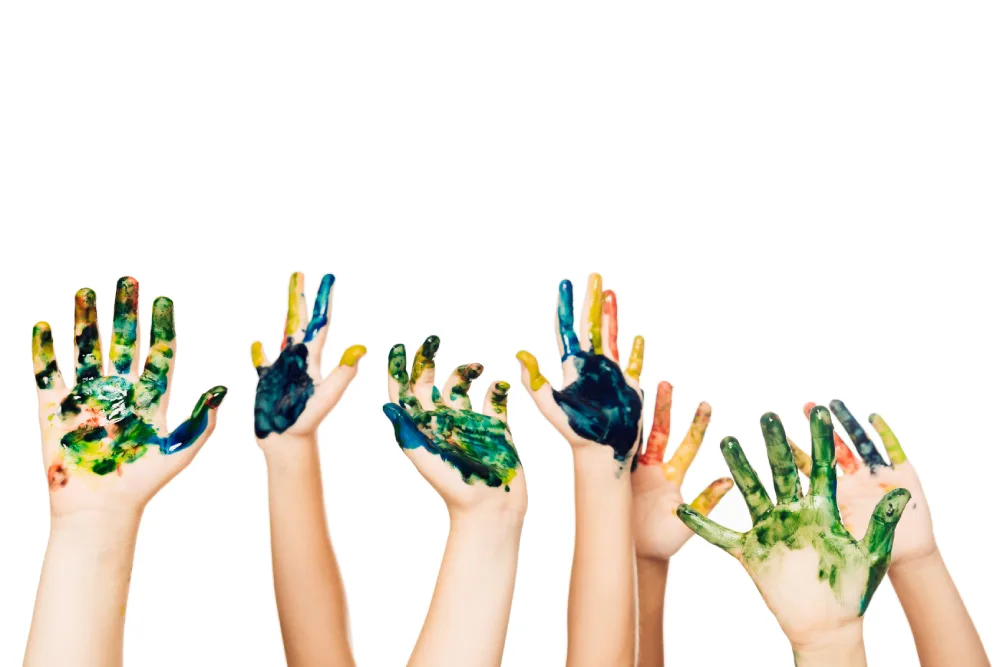
Stories and Numbers
Our Impact is measured both through the groups that we fund – what difference do they make to the community and to the individuals that they help – and through our overall data – the number of groups we fund, and the funding we distribute.
We organise this information by the local authority area and the needs addressed. We are committed to making our grantmaking transparent, so we also provide information to organisations that help with this process – 360 Giving and the Funders Race Equality Alliance
However, if you would like to explore the data about our impact, you will find the links on this page
Impact Stories
Funders for Race Equality Alliance (FREA) Data

2023 was the third time BLCF contributed to the FREA racial justice audit, and we continue to see positive results in our mission to address inequality as outlined in our strategic plan Local Focus, Lasting Change Strategic Plan – Bedfordshire & Luton Community Foundation (blcf.org.uk)
The audit looks at and holds funders to account in their aims to address the levels of inequality experienced by global majority communities and those experiencing racial injustice across the funding sectors and helps them to see where barriers can be removed. These findings show the national average compared to the results of BLCF and will be used to help us shape our thinking going forward. To see the national data analysis please visit HERE
2022-2023 saw 14 funders submit details of a total of 1897 grants, 1362 of which were included in the audit. The total value of the sample size was £64.3 million. BLCF continued to contribute all of our funding programmes across our regional spread to show a truly representative example of our work, rather than submitting a smaller sample.
As the toolkit becomes more developed through peer-led development, the reporting becomes more specific, and BLCF continues to do well across areas. We have seen an improvement in supporting groups whose mission and purpose is to work with specific communities experiencing racial inequity, with 36% of grants meeting this criteria compared to the national average of 24%. We have also kept on track with our percentage of grants awarded to groups led by representatives of the communities they serve (defined as 50% of management and 75% of the board) at 34% of our grantees, which is up 1% from our 2021-2022 data. It is pleasing to see that the national average has increased in this area; whereas in our previous audit we were significantly higher than the national average, we now see a small margin of difference. We have also kept on track with our reporting with percentage of grants awarded to groups led by people who have experienced racial inequality with BLCF reporting 36% against a national average of 24%, and we have scored well on grants designed to benefit communities experiencing racial inequity, with 40% of our grants going to applicants who are doing work with specific community focus compared to a national average of 27%.
In a change to the 2021-22 reporting, 2022-2023 saw an increased focus on looking at the design of grant making as well as the profile of applicants for grants, which has impacted how some of the data has been analysed. This has particularly impacted the statistics around how organisations are assessed as being led by those with lived experience; this now shows organisations led by and who also have specific charitable aims around addressing racial inequity in their constitution or charitable objectives, and while we are still above the national average for this work, it is a lower figure than previously reported. We also saw more specific reporting in the ethnicity of both the organisations and beneficiaries of particular grants, allowing us to see a more accurate representation of the communities benefiting from grants.
We have continued to look to address the short-term nature of our funding, which remains a core challenge to supporting our grantees in working to address root causes or symptoms of racial inequity in funded work, and are continuing to work with funders to support multi-year grants to support organisations in delivering core work.
